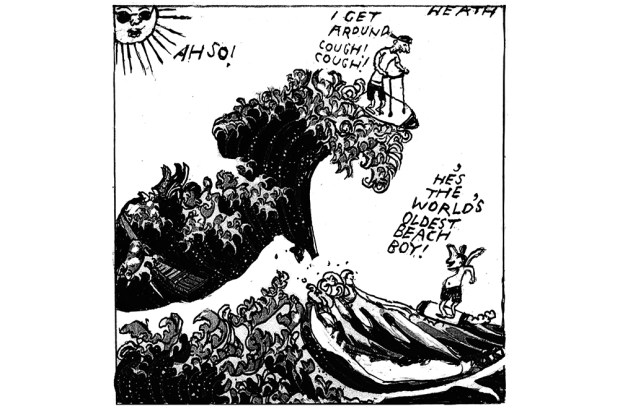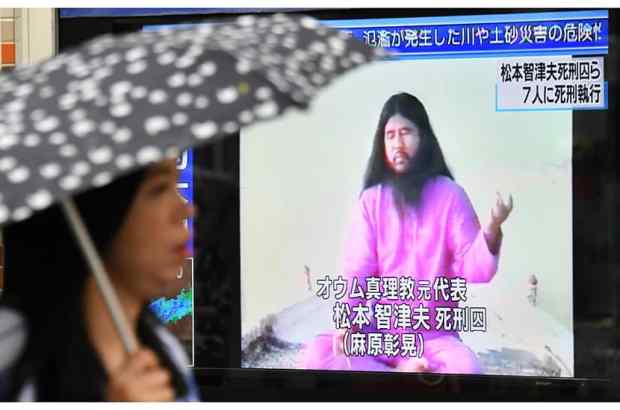About ten years ago I was interviewed in Tokyo for a job as a fake Catholic priest, performing wedding ceremonies for Japanese couples who wanted the aesthetics of a Christian service without all the hassle of actually being Christian. In a room cluttered with tacky plastic religious paraphernalia I watched a training video of the company’s ‘top man’, an American Tom Cruise-lookalike in a cassock, ‘marrying’ a young couple.
Already a subscriber? Log in
Subscribe for just $2 a week
Try a month of The Spectator Australia absolutely free and without commitment. Not only that but – if you choose to continue – you’ll pay just $2 a week for your first year.
- Unlimited access to spectator.com.au and app
- The weekly edition on the Spectator Australia app
- Spectator podcasts and newsletters
- Full access to spectator.co.uk
Or
Unlock this article
You might disagree with half of it, but you’ll enjoy reading all of it. Try your first month for free, then just $2 a week for the remainder of your first year.














Comments
Don't miss out
Join the conversation with other Spectator Australia readers. Subscribe to leave a comment.
SUBSCRIBEAlready a subscriber? Log in